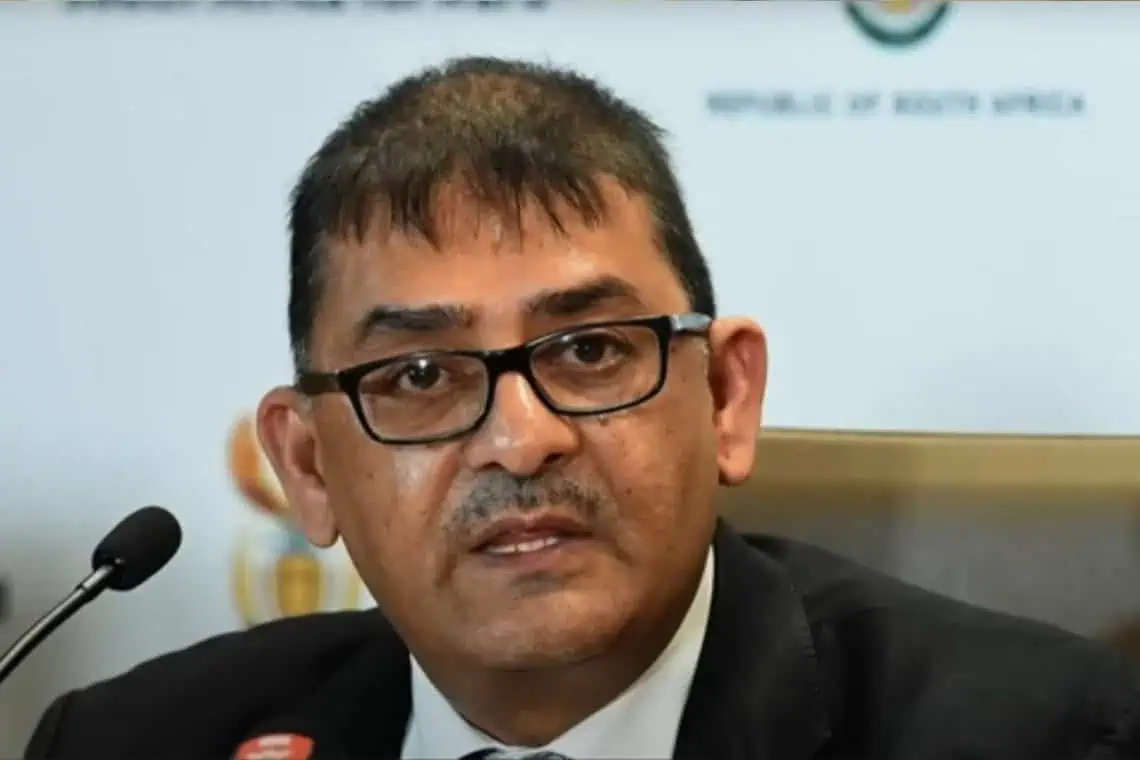In a dramatic escalation that has rattled South Africa’s intelligence oversight body, President Cyril Ramaphosa suspended Inspector-General of Intelligence Imtiaz Fazel on October 16, 2025, following a formal complaint about his conduct and pending parliamentary review. This move comes amid lingering allegations of misconduct, secrecy and leak-exposure in the country’s intelligence oversight system. With stakes high, it raises urgent questions about accountability, reform and the future of intelligence in South Africa.
Ramaphosa’s Move: The Suspension Explained
The suspension was announced with immediate effect and was framed by the Presidency as compliant with the legal framework under the Intelligence Services Act (Act 40 of 1994). In particular, Sections 7(4) and 7(5) allow for the President to suspend the Inspector-General while an investigation conducted by the parliamentary Joint Standing Committee on Intelligence (JSCI) is underway.
Appointed in November 2022 for what was described as a five-year term, Fazel served as the watchdog for intelligence services including the major domestic and foreign arms of the intelligence apparatus. The fact that his suspension comes now — during multiple probes into police, intelligence and corruption in KwaZulu-Natal — has sparked speculation about timing and motive.
Opposition parties have weighed in: the Democratic Alliance (DA) called the suspension “a pattern of intimidation against anti-corruption figures”. Their concerns highlight broader worries about institutional capture and whether key oversight offices are being weakened rather than strengthened.
What We Know — and Don’t — About the Allegations
As of now, the complaint against Fazel has not been publicly specified. The Presidency statement simply notes that the JSCI had received a complaint and will investigate accordingly. What is also notable: the suspension was executed promptly, signalling seriousness.
While media reports mention broader intelligence and policing scandals — particularly in KwaZulu-Natal — none have publicly confirmed direct links to this complaint at present. Intelligence Ministerial coordination has meanwhile moved to reassure the public that services remain operational despite the oversight shake-up.
International Echoes: From U.S. Intelligence Missteps to BRICS Anti-Corruption Campaigns
The situation bears resemblance to past high-profile intelligence oversight failures globally. For instance, in the United States the introduction of sting operations such as the 1970s & 1980s ABSCAM revealed how intelligence agencies and political officials can become entangled in corruption. Greater scrutiny since then has led to reforms in oversight and transparency.
In the broader context of emerging-economy alliances like BRICS, anti-corruption campaigns in countries such as China have also shown how state-actors attempt to tighten control and clean up intelligence and security-service networks. For nations developing robust oversight frameworks, the South African case may become a benchmark.
What’s Next for South Africa’s Intelligence Oversight?
The JSCI investigation will determine whether Fazel is reinstated, removed permanently, or subject to further legal or disciplinary action. The outcome could prompt a leadership vacuum in the oversight office unless an acting replacement is named soon.
- Potential structural reforms: stronger whistle-blower protections, independent audit of intelligence agencies.
- Rebuilding public trust: the intelligence community must demonstrate independence, transparency and accountability.
- International standards: adopting best-practice oversight models from other democracies and emerging governance systems.
Conclusion
The suspension of Imtiaz Fazel marks a dramatic moment in South Africa’s intelligence oversight history. With secret-file leaks, high-stakes corruption probes and institutional distrust mounting, how the authorities respond now will set the tone for the country’s future intelligence governance. The spotlight is on South Africa — and if reform is successful it may serve as a model for other nations grappling with similar challenges.
The coming weeks will be critical. If disclosures widen, accountability deepens and trust rebuilds, then this may be the moment that South Africa’s intelligence institutions turn a corner.
